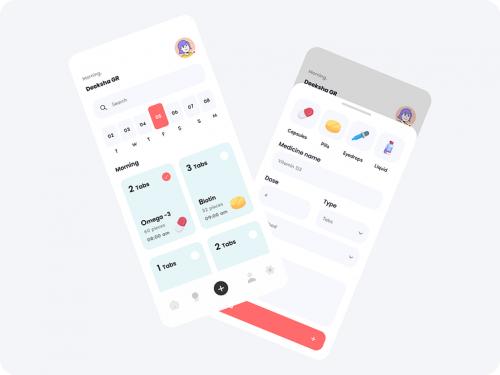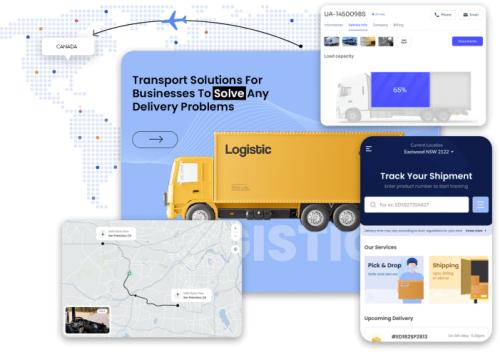India's Healthcare Revolution: Powered by Custom Software Development

India's healthcare sector is on the cusp of a digital revolution. Driven by a growing population, rising healthcare demands, and increasing internet penetration, the need for innovative solutions is paramount. Here, customized healthcare software development emerges as a powerful tool, transforming patient experiences, streamlining workflows, and propelling the industry towards a data-driven future.
The Need for Change: Challenges in Indian Healthcare
Despite significant advancements, India's healthcare system faces challenges:
- Limited Infrastructure and Resources: Uneven distribution of medical facilities and a shortage of qualified professionals create accessibility issues, particularly in rural areas.
- Fragmented Data and Lack of Interoperability: Disparate healthcare information systems hinder efficient data exchange, impacting care coordination and hindering research efforts.
- Paper-Based Processes: Manual workflows slow down administrative tasks and increase the risk of errors.
- Patient Engagement: Limited access to medical records and a lack of patient education tools hinder patient engagement in their own healthcare journey.
Custom Software: The Engine of Transformation
Custom healthcare software development addresses these challenges head-on by offering tailor-made solutions that cater to specific needs. Here's how it's leading the digital revolution:
- Improved Accessibility: Telemedicine applications and patient portals bridge geographical gaps, allowing remote consultations, chronic disease management, and easier access to specialists.
- Enhanced Patient Engagement: Mobile apps empower patients to view lab results, manage appointments, refill prescriptions, and communicate directly with providers, fostering a more proactive approach to healthcare.
- Streamlined Operations: Hospital Management Information Systems (HMIS) automate administrative tasks, improve resource allocation, and facilitate seamless data management.
- Data-Driven Decision Making: Advanced analytics tools provide valuable insights into patient demographics, treatment trends, and resource utilization, enabling evidence-based decision making at all levels.
- Interoperability: Custom software can be designed to integrate with existing healthcare IT systems, promoting seamless data exchange and fostering collaboration between healthcare providers.
Benefits Beyond Efficiency: Empowering Patients and Providers
The impact of custom healthcare software development transcends operational efficiency. It empowers both patients and providers:
- Patients: Gain greater control over their health, receive personalized care plans, and benefit from improved communication with healthcare professionals.
- Providers: Enjoy improved workflow efficiency, access to real-time patient data for better informed clinical decisions and reduced administrative burden.
Examples of Custom Healthcare Software in Action:
- Disease Management Apps: These apps help patients with chronic conditions like diabetes or hypertension track vitals, adhere to medication schedules, and connect with healthcare teams remotely.
- Appointment Booking and Management Systems: Patients can schedule appointments online, receive reminders, and manage their healthcare calendar effortlessly.
- Electronic Medical Records (EMRs): Secure and centralized storage of patient data facilitates comprehensive care coordination and reduces the risk of errors.
- Telemedicine Platforms: Virtual consultations connect patients with specialists in remote locations, increasing access to quality care.
The Road Ahead: Building a Robust Healthcare Ecosystem
For India to fully embrace this digital revolution, several key considerations are crucial:
- Government Initiatives: Policy frameworks that promote innovation, incentivize technology adoption, and prioritize data privacy are essential for long-term success.
- Focus on Affordability: Custom software solutions should be designed with cost-effectiveness in mind to ensure accessibility for all healthcare providers.
- Building a Skilled Workforce: Investing in training programs to equip healthcare professionals with the skills to leverage these technologies effectively is critical.
- Cybersecurity Measures: Robust data security protocols and robust infrastructure are essential to protect sensitive patient information.
Conclusion: A Brighter Future for Indian Healthcare
Telemedicine app development is not just a trend; it's the cornerstone of India's digital healthcare revolution. By embracing this technology, India can create a more accessible, efficient, and patient-centric healthcare system that benefits all stakeholders. The future of Indian healthcare is undeniably digital, and custom software development is the key to unlocking its full potential.


Comments